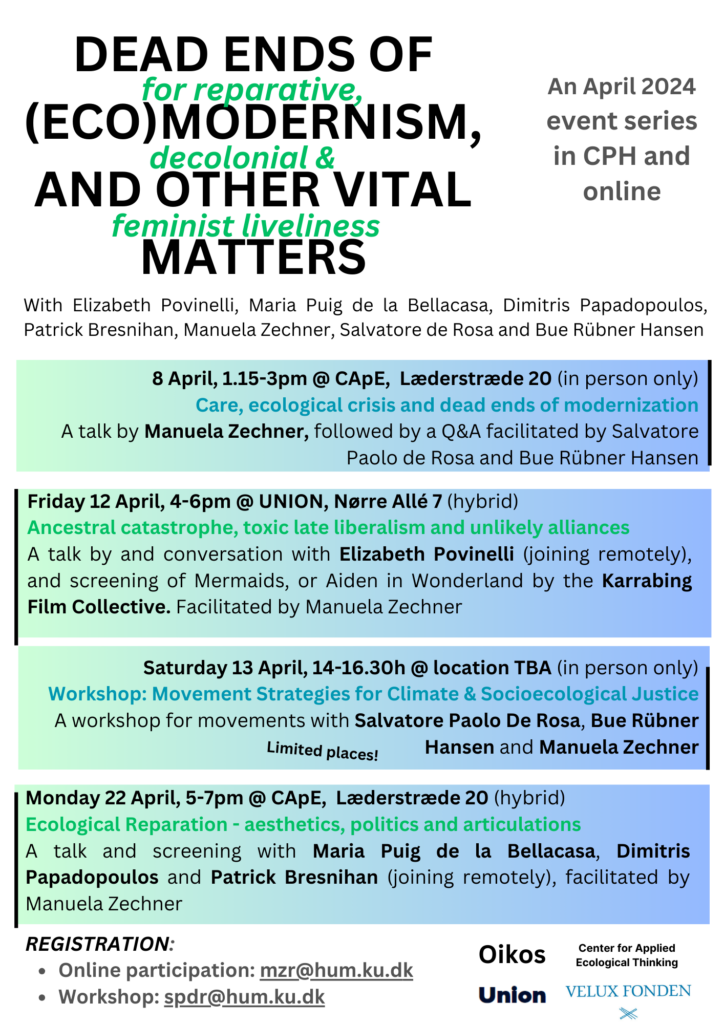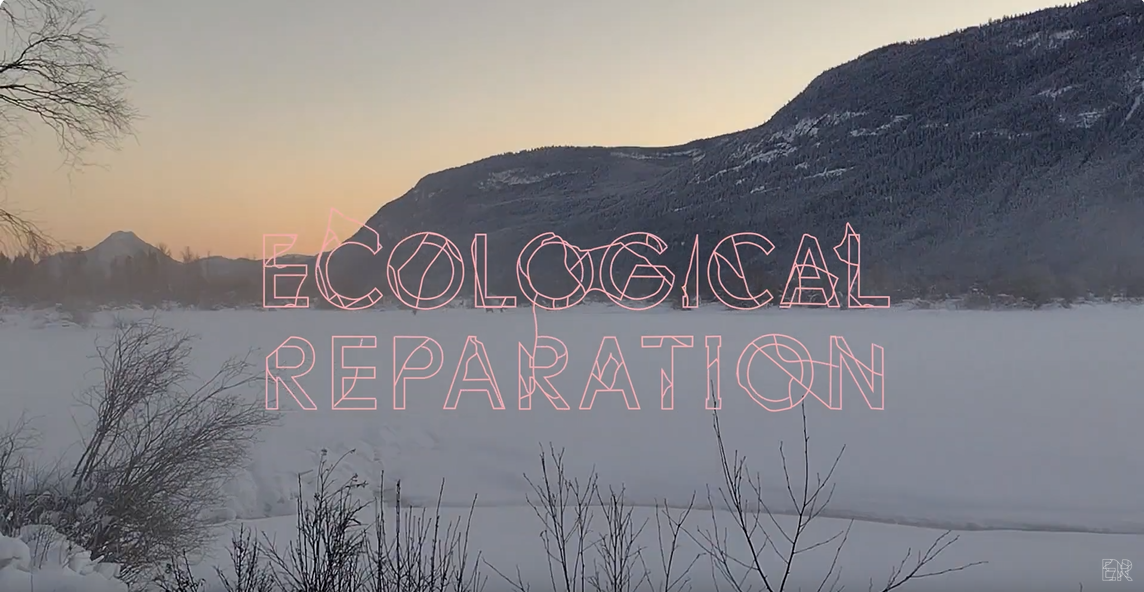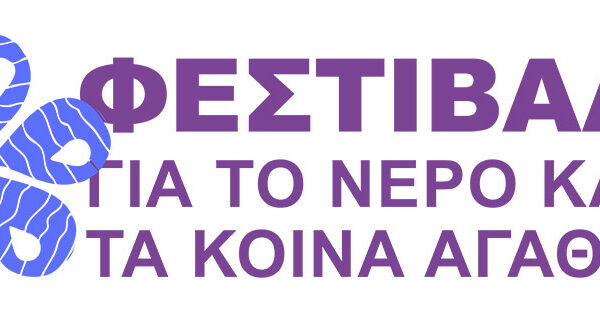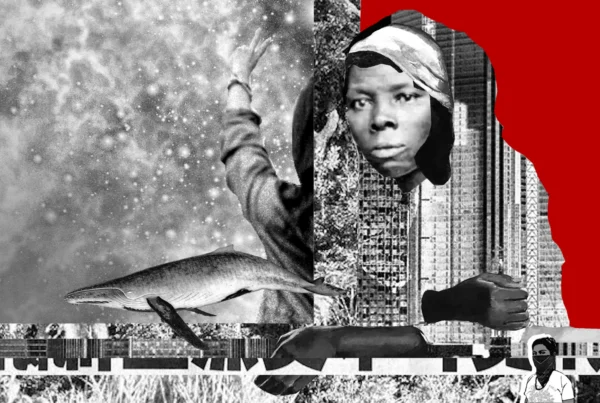Lively reparative, decolonial and feminist paradigms in times of deadly endings
An April 2024 event series in Copenhagen/DK and partly online
With Elizabeth Povinelli, Maria Puig de la Bellacasa, Dimitris Papadopoulos, Patrick Bresnihan, Manuela Zechner, Salvatore Paolo De Rosa and Bue Ruebner Hansen
We often struggle to define opposition to modernist extractions and exploitation as anything but a return to what was and what is backward, captured by the teleological framings of progress. In the modernist paradigm, progress is opposed to tradition, past to future, genealogy to autology, production to reproduction, individual to collective – alongside other binaries that envolve us in narratives of inevitability. But something is ending right now, and we know it. For others it ended long ago or indeed never begun, the dream of modern life and western civilization. Right now it is in crisis from within. As capitalist modernity hits dead ends, it becomes painfully clear that their end was always the (re)production of power and profit at the expense of life in general. Ecological and social devastation are fracturing narratives and subjectivities of (eco)modernization, but where to go from here? Who to learn from and with? How to take stock and give account of endings? How to grasp our different positionalities, capacities to respond and care, and invent other paradigms of life, relation, politics? How to channel forms of liveliness that point beyond deadly endings?
In this series of encounters, we take stock of some moves, movements and politico-aesthetic paradigms that break with the logic of modernism. We take note of how despite all its discursive and economic powers, modernization narratives are coming undone, and ask how we may take care of the different end(ing)s these narratives leave loose. This series centers of three key dimensions for overcoming ecomodernist dystopia: the importance of imaginaries, especially when it comes to beginnings and endings; the vital building of unlikely, bastard alliances and subjectivities; and the need for tactics and strategies at different levels.
With Elizabeth Povinelli, Maria Puig de la Bellacasa, Dimitris Papadopoulos, Patrick Bresnihan, Manuela Zechner, Salvatore Paolo De Rosa and Bue Ruebner Hansen, we explore how ecological devastation and social crisis can open onto post-anthropocentric horizons and center on community, commons, care, and reparation. We learn through practices that articulate co-research with activism and resistance, and use moving images as vehicles for working on imaginaries. We’ll see films of the Karrabing Film Collective as well as Ecological Reparation Project for different propositions of lively and entangled resistance and survival. We’ll workshop movement strategies for crises of socioecological reproduction. Join us!
Organized by Manuela Zechner, with the support of Salvatore Paolo De Rosa and Bue Ruebner Hansen, and with the collaboration of JusTiDe, Union and Undisciplined Environments.
Registrations: All welcome, for the online events please register by emailing [email protected] and for the workshop (limited places) please register by emailing [email protected]
 Monday 8 April, 1.15-3pm CET @CApE
Monday 8 April, 1.15-3pm CET @CApE
Manuela Zechner: Care, ecological crisis and the dead ends of modernization
A talk by Manuela Zechner, followed by a Q&A facilitated by Salvatore Paolo De Rosa and Bue Ruebner Hansen
What is care and what might it mean to care as we’d like to, in times of social and ecological crisis? Our current socio-ecological care impasse challenges us to reclaim relations of interdependence as well as autonomy, and to resist late liberal ideologies that center on profit and self-interest. In this opening talk to the event series, Manuela Zechner asks how we can overcome the apparent opposition between care and self-interest, and with it a host of other binaries of neoliberal capitalist modernity: past vs future, countryside vs city, reproduction vs production, genealogy vs autology… What tactics and strategies can we draw on, to strengthen earthcare subjectivities and commons? Learning from feminist, peasant, decolonial thinkers and activists, we’re invited to think about endings, beginnings, continuities and ruptures.
Friday 12 April, 4-6pm CET @ UNION (hybrid)
Talk and screening: Ancestral catastrophe, toxic late liberalism, troubled subjectivities and unlikely alliances
A talk by and conversation with Elizabeth Povinelli (joining remotely), facilitated live by Manuela Zechner
In this talk and conversation, we’ll get into some of the core concepts and analyses of anthro-political maestra Elizabeth Povinelli, from ancestral catastrophe and what we may learn about it from aboriginal ways of relating and resisting, to critiques of late liberalism and the toxic, extractivist and ambivalent ways in which it sets us up as subjects and communities. How do we navigate tensions between genealogy and autology, between past-present-future, and the malediction of progress and modernization, in these times of intensifying socio-ecological crisis, deepening colonial rifts and militarization? What sorts of unlikely alliances (or in the words of Maria Galindo, bastard alliances) may we need to build to get us out of liberal dead ends?
5-6pm Screening: Mermaids, or Aiden in Wonderland (26’) by Karrabing Film Collective
Beth Povinelli will then introduce the screening of Mermaids, or Aiden in Wonderland. This film is about a not so distant future where Europeans can no longer survive for long periods outdoors in a land and seascape poisoned by capitalism, but Indigenous people seem able to. A young Indigenous man, Aiden, taken away when he was just a baby to be a part of a medical experiment to save the white race, is released into the world of his family. As he travels with his father and brother across the landscape he confronts two possible futures and pasts.
Saturday 13 April, 2-4.30pm @ TBA (in person only)
Workshop: Movement Strategies for Climate and Socioecological Justice
A workshop with Salvatore Paolo De Rosa, Bue Ruebner Hansen and Manuela Zechner
Today’s growing and compounding social and ecological crises tell us only radical and system-wide transformations can advert catastrophic trajectories and make space for more just futures. While political imagination is more alive than ever before – generating plenty visions of alternative worlds, radical futures and emancipatory designs of desired worlds-to-come – these configurations confront a stubborn status quo in which the elites are committed to deliver climate breakdown for the majority rather than social and climate justice for all. There is a need for actionable strategies to advance radical transformations and political projects, yet few of the visions of fairer futures are clear enough on how to confront the structures that currently repress any form of dissent and prevent alternative futures to emerge in the first place. In other words, the HOW of transformation is, and will increasingly be, one of the most pressing question. This means is necessary to open a focused conversation on bottom-up strategies and tactics for climate and socioecological justice, from land based struggles to urban climate blockades, grounded in the teachings of past struggles and engaging the terrains opened by the climate and ecological crises. In this workshop, Bue Ruebner Hansen and Manuela Zechner facilitate a mapping session for strategies of organizing in a crisis of socio-ecological reproduction, based on this text, and Salvatore Paolo De Rosa will coordinate a discussion on strategies and tactics of convergence between movements.
Please register by emailing [email protected]
(NOTE: there is only a limited amount of spots to attend this workshop, distributed on a first come first served basis).
Monday 22 April, 5-7pm CET @ CApE (hybrid)
Talk and Screening: Ecological Reparation – aesthetics, politics and articulations
With Maria Puig de la Bellacasa, Dimitris Papadopoulos and Patrick Bresnihan (joining remotely), facilitated live by Manuela Zechner
In this session, which mixes presentations, films and open discussion, we’ll have Maria Puig de la Bellacasa and Dimitris Papadopoulos talk about the Ecological Reparation project and their corresponding book – core concepts, films and aesthetic co-research processes. The Ecological Reparation project discusses work engaged in remediating and repairing as well as claiming reparations for more than human ecologies. We will watch different Ecological Reparation films and explore questions such as: How can ecological thinking and practice enable reparation? How can reparation for damages done be ecological? What is the role of aesthetics, politics, images and imaginaries in ecological reparation? We’ll be joined by Patrick Bresnihan, co-researcher on the Ecological Reparation co-research film ‘In the Midlands of Ireland Bog’s Landscape‘ to hear about Irish bogs and their inscriptions into conflicting reparative and ecomodernist trajectories, on screen and in conversation.
Locations
CApE – Læderstræde 20, 3. sal, 1201 København K
UNION – Nørre Allé 7, 2200 København N
Location for the workshop TBA






